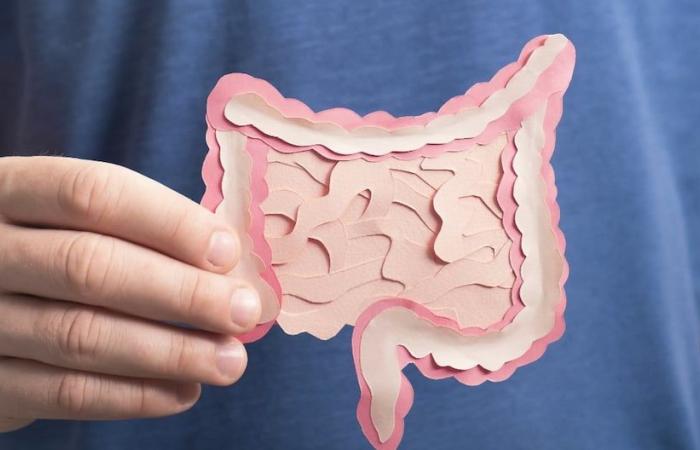The colon cancer mortality rate in people under 55 has increased approximately 1% per year since the mid -2000s. In addition, diagnoses in people under 50 are expected to be doubled by 2030, which has been causing concern among health experts.
Look too:
Although there is still no consensus on the causes of this alarming increase, some specialists point out that The diet could be the main lines of defense. One of them is the gastroenterologist Joseph Salhaba renowned American gastroenterologist who cited a 2023 study and shared on Instagram some fruits that could help reduce the risk of colon cancer.
According to Salhab, the watermelon “It contains lycopene, an antioxidant that can protect against cell damage”, and its “high water content favors regularity.” In addition, he explained that watermelon, beyond being a refreshing summer fruit, provides vitamin C and A, nutrients that strengthen the immune system and contribute to maintaining healthy skin.


Dr. Joseph Salhab is a popular gastroenterologist with more than one million followers. (Photo: @Thestomachdoc / Instagram)

Another outstanding fruit is the apple. Salhab wrote that apples are “rich in fiber, which promotes healthy intestinal movements and can reduce colon exposure to carcinogens”, and that “contain polyphenols, which have antioxidant and anti -inflammatory effects.” In fact, investigations have shown that consuming apples from three to six times a week can reduce the risk of premature death by almost 30%.
The Kiwi also is among the recommendations of the gastroenterologist. Salhab points out that this fruit is an “excellent source of fiber, which helps digestive health”, suggesting that this could be related to a 13% reduction in the risk of colon cancer. He adds that Kiwis are “rich in vitamin C and other antioxidants”, which help protect the damage cells caused by oxidative stress.
In addition, consuming Kiwi can help regulate intestinal movements and reduce gastrointestinal discomfort, becoming an excellent option for those who seek to improve their general digestive well -being.


Watermelon contains lycopene, an antioxidant that can protect against cell damage. (Referential Photo: Pixabay)



Citrus fruits such as oranges and lemons can reduce the risk of colon cancer by 9%. (Referential Photo: Pixabay)

Finally, Salhab mentions that citrus fruits such as oranges, grapefruits, lemons and files not only provide flavor and freshness to the dishes, but can also reduce the risk of colon cancer by 9%. He explained that this protection comes largely from its vitamin C content, although “they contain flavonoids, which can have anti -inflammatory and anti -cancer properties.”
According to the New York Post, a recent study found that oranges could reduce the risk of depression by 20%.
Days ago, an investigation was announced that suggests that an intestinal bacterium could be related to the increase in colorectal cancer cases in young people.


Although before colorectal cancer was more common in older people, in at least 27 countries there has been a worrying increase in children under 55 years. (Referential Photo: Liudmila Chernetska / Istock)

“We believe that this exhibition occurs very soon in life – probably during the first decade – when children infect,”Said Dr. Ludmil Alexandrov, lead author of the study and professor at the University of California in San Diego. He added that “diet, inflammation and genetics are also probable taxpayers” to this worrying trend.
According to Mayo Clinic and other sources, the increase in colon cancer in young people (children under 50) is a worrying trend and its causes are not completely clear; However, a combination of factors related to the modern lifestyle is suspected. These include changes in the diet, such as greater consumption of processed foods, red meat and lower fiber consumption, fruits and vegetables. The growing obesity and sedentary lifestyle are also considered important factors.
In addition to lifestyle factors, some studies suggest that alterations in intestinal microbiome could play a role in the early development of colon cancer. Possible environmental factors and greater exposure to certain substances are also being investigated. While a small proportion of cases in young people is due to hereditary genetic syndromes, most cases of early appearance do not have a clear genetic cause identified.







